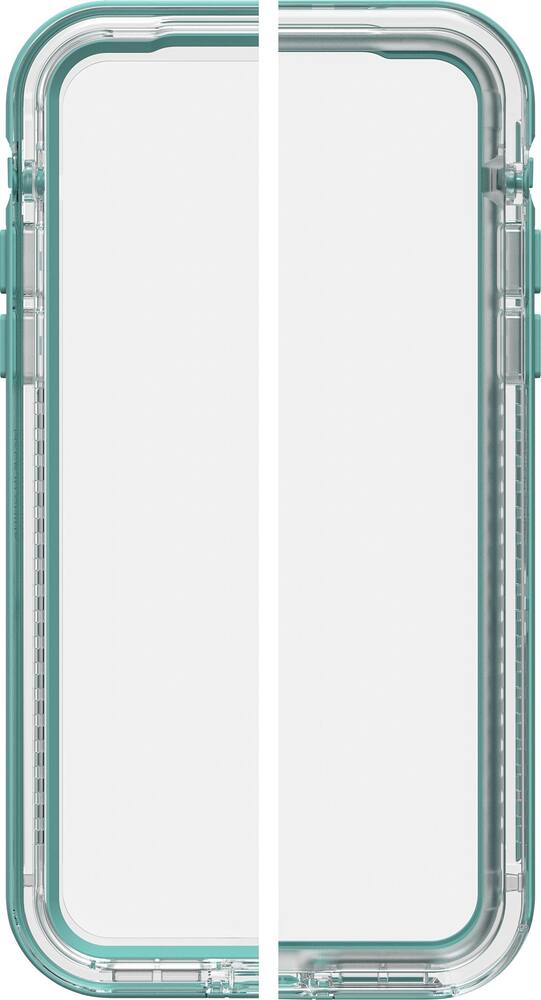next case for apple iphone x and xs - seaside
SKU: EN-L10055









next case for apple iphone x and xs - seaside
The decision to proceed with the slower but more formal process was certainly motivated in part by the recent fiasco involving LightSquared. In January 2011, the FCC granted LightSquared a waiver similar to the one requested by Dish, also to build a ground-based mobile network using spectrum currently limited to satellite applications. That decision has been cursed. After the waiver was granted, both government and private parties complained to the FCC that LightSquared's spectrum sits too close to bands used for some GPS devices and would likely lead to interference. In February of this year, the FCC reversed itself, suspending LightSquared's waiver indefinitely. The company, which has already spent $4 billion building its network, has since lost its CEO and key partners, and faces an uncertain future.
Meanwhile, congressional Republicans raised concerns that the initially favorable treatment of LightSquared was motivated by undue and potentially illegal political pressure from the White House, So far, the agency has refused to release documents related to the waiver demanded by Sen, Chuck Grassley (R-Iowa), who next case for apple iphone x and xs - seaside has placed holds on two pending nominees to the FCC, The FCC is now operating with a bare minimum of only three commissioners, and the stalemate has no end in sight, Both the LightSquared and Dish proceedings highlight the growing chasm between the needs of mobile consumers and the FCC's plodding and often politicized processes for spectrum management, If the mobile revolution is to continue without interruption, Congress will have to make radical changes to how the agency operates..
The real problem is the FCC's licensing system. Under decades-old policy, the agency assigns spectrum to different applications and geographies through licenses that severely restrict how and by whom different frequencies can be used. (Today, the agency manages over 50,000 licenses, and doesn't even have a complete inventory.) The restrictions, however, are designed more to shape new industries to the FCC's idiosyncratic vision of what's best for the "public interest" rather than to minimize technical problems such as interference.
This command-and-control strategy can't keep up with technology and consumer needs that change faster all the time, As a result, the FCC has become a bottleneck in effective network design and management, As FCC Commissioner Robert McDowell wrote in Wednesday's proceeding, "The Commission has a checkered past of micromanaging spectrum use only to find years later that technical innovation and market demands have evolved past the government's myopic view."Regardless of the outcome of the next case for apple iphone x and xs - seaside proceeding, collisions between innovation and outdated FCC policy are certain to accelerate, New uses and devices for mobile services continue to develop at an accelerating pace, But the FCC's capacity to adjust existing licenses and allocations is limited and slow, The LightSquared fiasco and the delay of Dish's efforts to build a competitive mobile broadband network with existing spectrum underscore McDowell's concerns..
Assigning property rights to spectrumWe need a long-term solution that facilitates rather than impedes rapidly changing demand for our valuable and limited spectrum resources. Fortunately, a better approach exists. And oddly enough, it was first proposed over 50 years ago, in a seminal article by economist Ronald Coase. The article, titled simply "The Federal Communications Commission," was published in 1959. Its findings were key to Coase's being awarded the Nobel Prize in 1991. (Coase recently celebrated his 101st birthday.).